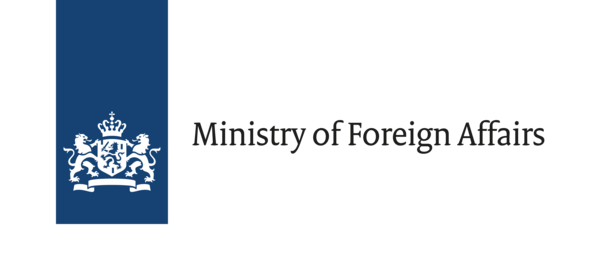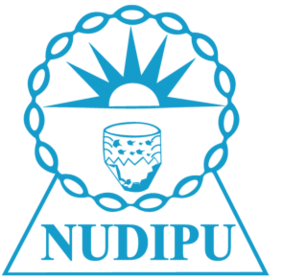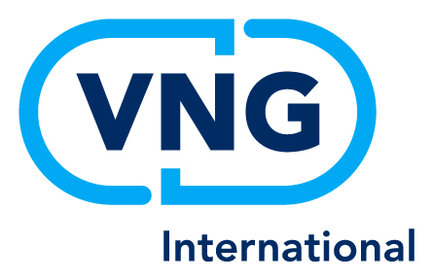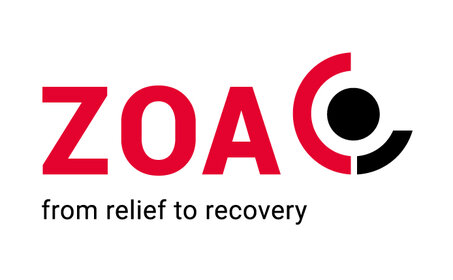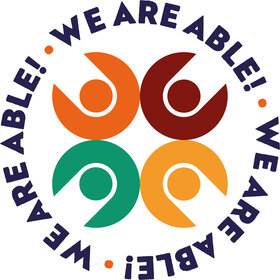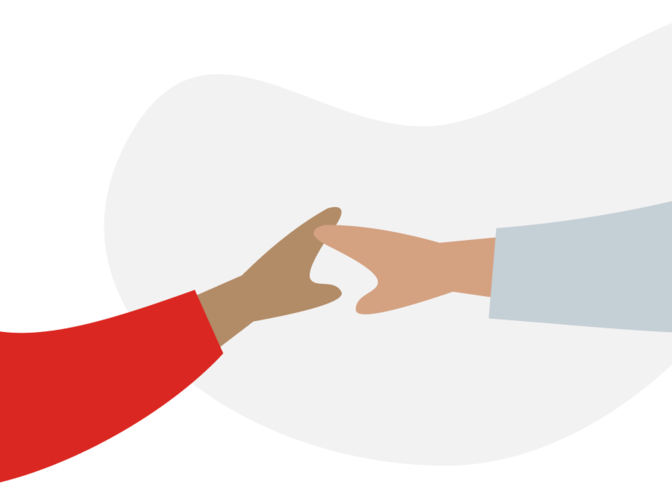
Become a partner
Are you an active part of society? Use your know-how, your network or your resources to become an active part of the inclusive society - whether as a topic partner, as part of a portal cooperation or to promote diversity & inclusion in your company.
Contact NowOur Partners
We are grateful to all of our wonderful partners who share our vision of improving the quality of life for people with disabilities and work with us to make it a reality.
Light for the World
Light for the World is a global development organisation that empowers people with disabilities and enables eye health services in low-income countries. Over the last three
decades, Light for the World has improved health systems, enabled education for all and amplified the voices of people with disabilities.
In Uganda, Light for the World currently focuses on three thematic areas: Economic Empowerment, Child Eye Health and Inclusive Education. Light for the World’s innovative disability inclusion work focuses on young people with disabilities, their right to inclusion and ensuring improved socio-economic standards of living.
ZOA
ZOA is an international relief and recovery organization that provides relief to people affected by violent conflicts and natural disasters in fragile contexts. ZOA also assists them
during their recovery from the crisis.
In Uganda, ZOA has activities in the field of food security, livelihoods, peace building - land rights and basic education. ZOA works in three different regions. In West Nile Region, ZOA works on relief and recovery with refugees from South Sudan, Democratic Republic of Congo, and host communities. In Acholi Region in the north and Karamoja Region in the northeast, ZOA works on recovery with former internally displaced people. Working in close cooperation with the communities it serves, ZOA’s goal is to create viable impact.
National Union of Disabled persons of Uganda (NUDIPU)
National Union of Disabled persons of Uganda (NUDIPU) is an umbrella organization that advocates for the inclusion of Persons with Disabilities’ and their concerns in the
mainstream development processes.
NUDIPU strategic plan 2020-2024 highlights progressive commitment on part of the government through legislative and policy frameworks which promote and protect the
rights of Persons with Disabilities.
NUDIPU in collaboration with DPOs and other disability stakeholders, prioritized for the next five years (2020-2024) the following goals:
NUDIPU and DPOs capacities are strengthened to deliver on their mandates.
Policies of government and other actors are inclusive to address the needs of Persons with Disabilities.
Needs and concerns of Persons with Disabilities are effectively included in socio-economic empowerment programmed in Uganda.
VNG International
VNG International are experts in strengthening democratic local government in developing countries and countries in transition. Local governments play a key role in the provision of basic services including water, waste management, health care and housing. They have a profound impact on areas such as safety, food security, rule of law and women’s rights. This is how VNG projects contribute in a sustainable way to better futures for people, communities and countries.
The Hague Academy for Local Governance
The Hague Academy for Local Governance is a non-profit, non-governmental organisation that aims to strengthen local democracy worldwide. It aims to strengthen local democracy
worldwide by offering practice-oriented training programmes for people involved in local governance, also at local level to jointly realise development goals. This is done by offering
practice-oriented training programmes. The people trained usually are:
Civil servants working at the national, regional, or local government
Elected representatives as well as informal leaders
People working for civil society and community-based organisations
Staff of knowledge and training institutes
Development practitioners

